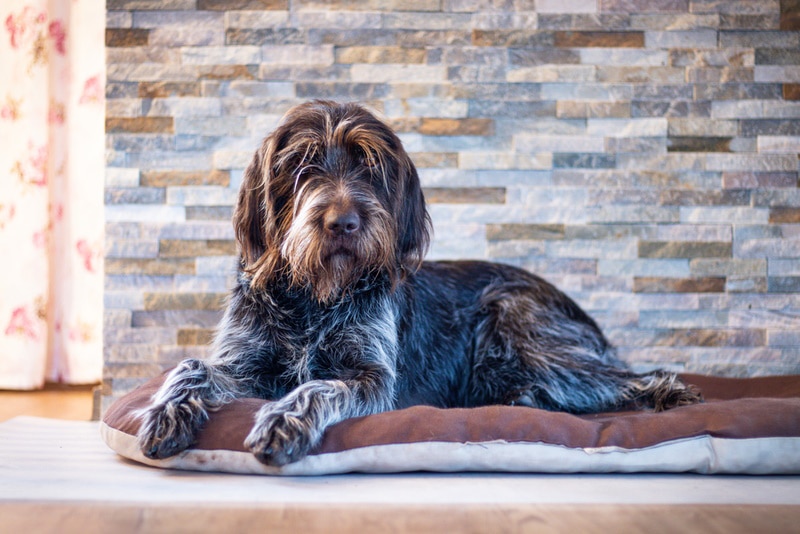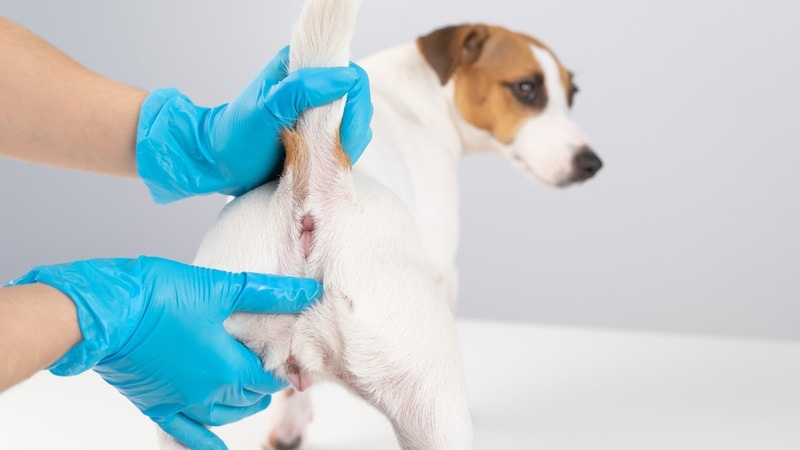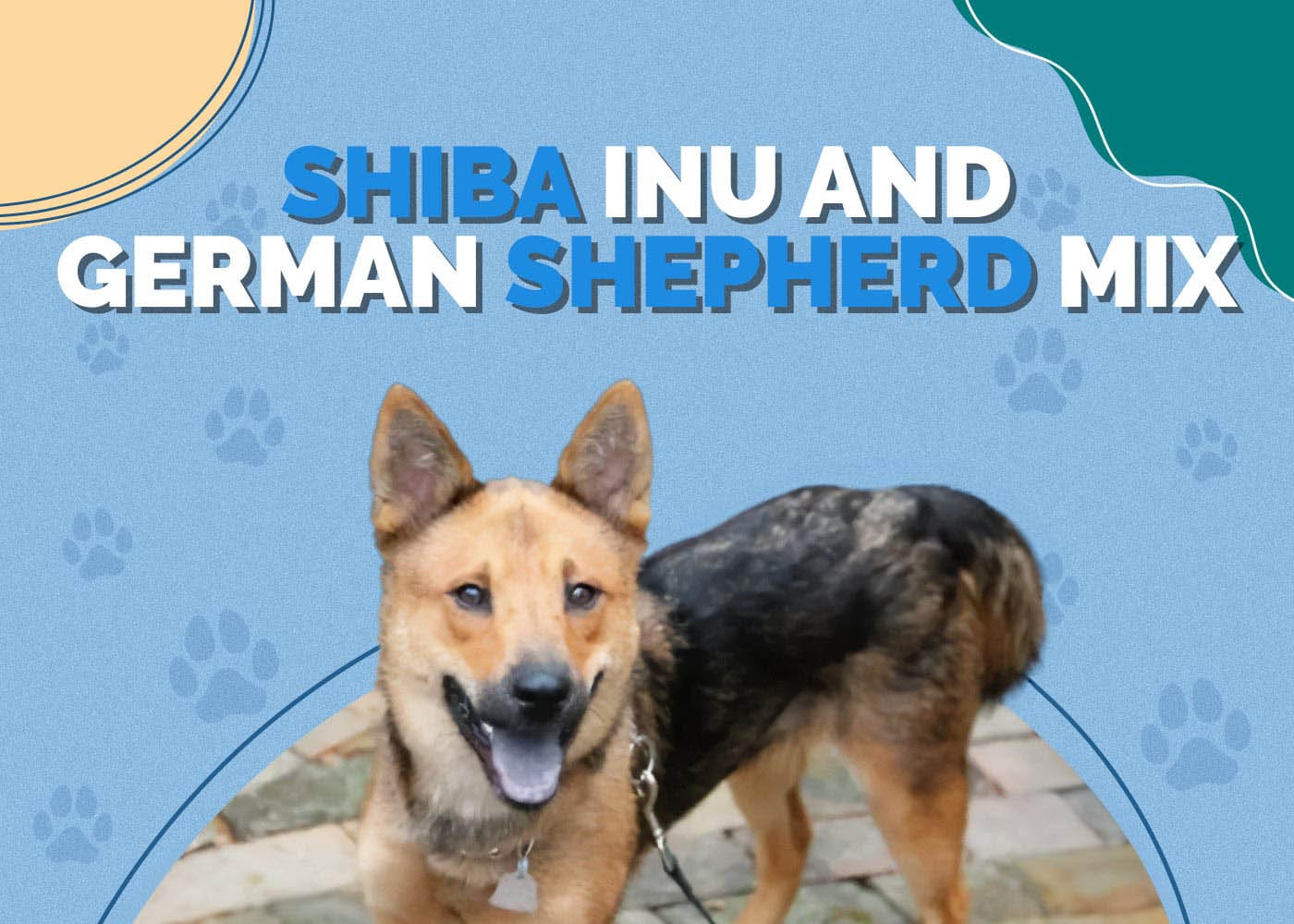How Aggressive Are Pugs? Personality Facts & FAQ
By Kit Copson
Updated on
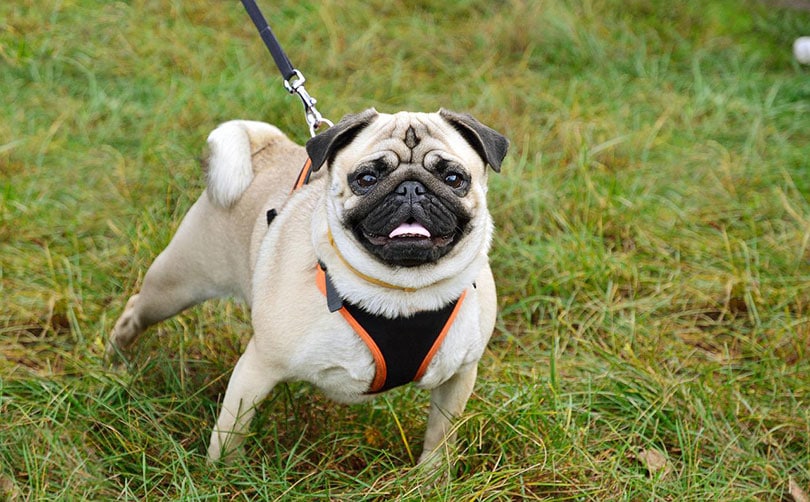
If you’re a dog lover, you’re sure to be familiar with the little bundles of joy we call Pugs. Pugs are famously good-humored, sociable dogs that get along well with everyone, whether that’s adults, children, strangers, or other dogs. They are not typically aggressive at all, but if they’ve been poorly socialized, like any dog of any breed, they may react to something aggressively out of fear or stress.
This is why socializing your Pug with all different types of people, other dogs, and any other pets at home you want them to befriend and live harmoniously with is so critical. Read on to find out more.
The Pug Personality & Life with a Pug
A well-socialized Pug is incredibly endearing. Their sweetness, sociability, and that little hint of mischief about them make these dogs very easy to fall in love with. The Pug is also quite extroverted, makes friends, and charms people very quickly, whether that’s with their brand-new family or friendly passersby that show them a bit of attention. These lovely traits make the Pug a popular family dog.
A word of caution if you’re considering buying a Pug—these dogs are brachycephalic,1 which means they struggle with their breathing due to their short snouts and flat faces. This can be exacerbated by obesity, a condition Pugs are also prone to. They also have tightly wrinkled skin, which puts them at risk of discomfort from skin infections.
The very fact of purchasing Pugs and other brachycephalic breeds has stirred a great deal of controversy due to the health issues these dogs endure throughout their lives because of how they’re bred. Instead of buying, you might want to consider adopting a Pug from a rescue organization.
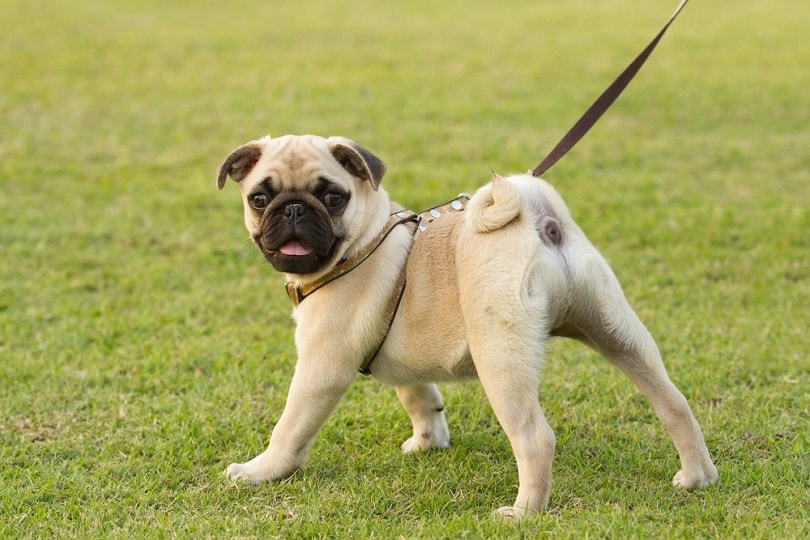
Are Pugs Aggressive?
As a rule, not at all, but this depends on whether or not the Pug has received any socialization and training. Whether a dog is big, fast, and powerful or small, stocky, and not-so-agile like a Pug, any poorly socialized dog is at risk of aggressive behavior if they don’t know how to confidently navigate the world and interact with people and other animals
This is because dogs may behave aggressively as a response when they feel anxious or frightened. Poor socialization means the dog has not been exposed to or been allowed to get accustomed to a variety of situations, like encountering new and different types of people, other animals, or certain objects.
Once you welcome a Pug into your home, you can start socializing them right away. Here are some top tips for getting your Pug accustomed to various situations:
- Introduce your Pug to new people as early as possible, like friends, family members, and neighbors to start with.
- Gradually introduce other pets in the family home.
- Let your Pug interact with well-trained, socialized, and friendly (and, of course) vaccinated) dogs, perhaps those belonging to family, friends, or neighbors at first.
- Make sure your Pug has positive experiences with people (treats and gentle handling can help greatly with this) and isn’t put into frightening or stressful situations.
- Teach any children at home to interact gently and respectfully with the Pug.
- Introduce your Pug gradually to common sights and sounds around and outside your home, like the sound of a vacuum or passing cars.
- Consider obedience and socialization classes.
Signs of Aggression in Dogs
Dogs display aggression in many ways, and it’s easy to mistake certain innocent behaviors, like playfighting with other dogs, as aggression. Here are some examples of how to spot the difference between normal play and aggressive behavior.
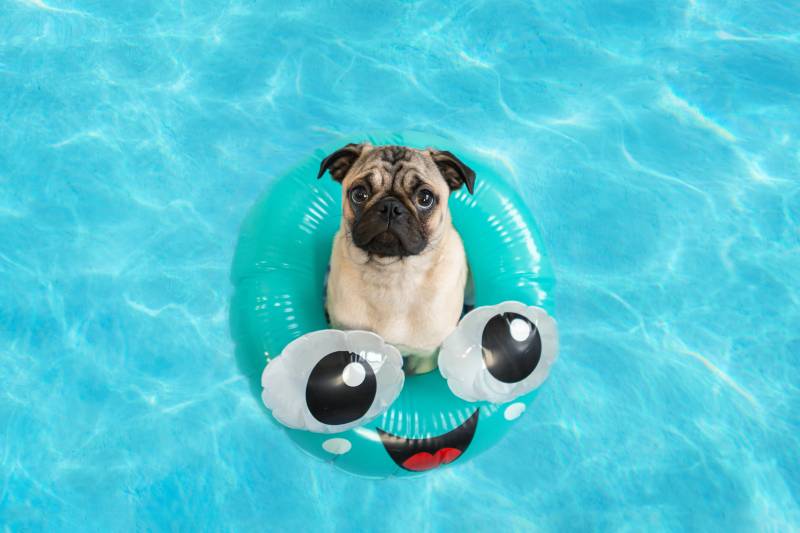
Play
- Baring teeth in a happy-looking “grin”.
- Rolling onto the back to show submission.
- Growling while playing (often short, higher-pitched growls, though this varies by dog).
- Play bowing (lowering the chest to the ground while sticking the butt upwards).
- Relaxed body language.
- Bouncing around.
- Animated body language.
- Playfully chasing one another.
- Taking turns to be the dominant and submissive dog.
- Play biting (gentle bites that do not hurt the other dog).
- Responding to the owner’s commands or other things going on in the environment.
Aggression
Perhaps your cuddly Pug has started growling at you when you pick them up or touch them in certain places or has become hostile towards other dogs that want to play. Understandably, you’d feel completely baffled by this sudden change. If your well-socialized and friendly Pug has started to show aggressive behavior out of nowhere, they might be in pain, suffering from some kind of illness, or have recently experienced some kind of trauma. Contact your vet to get to the bottom of what’s going on. Pugs are usually very sweet, fun, cheerful, and affectionate dogs. However, if they have experienced trauma in their past or haven’t been socialized, aggression as a result of fear or stress is a very real possibility, as it would be for any breed of dog. If you’re having problems with your Pug and their responses to certain situations, please contact a professional trainer or a vet if you suspect an underlying medical issue is behind sudden aggressive behavior. Featured Image Credit: oleg_mit, Pixabay
My Friendly Pug Has Become Aggressive—What’s Going On?
In Conclusion


